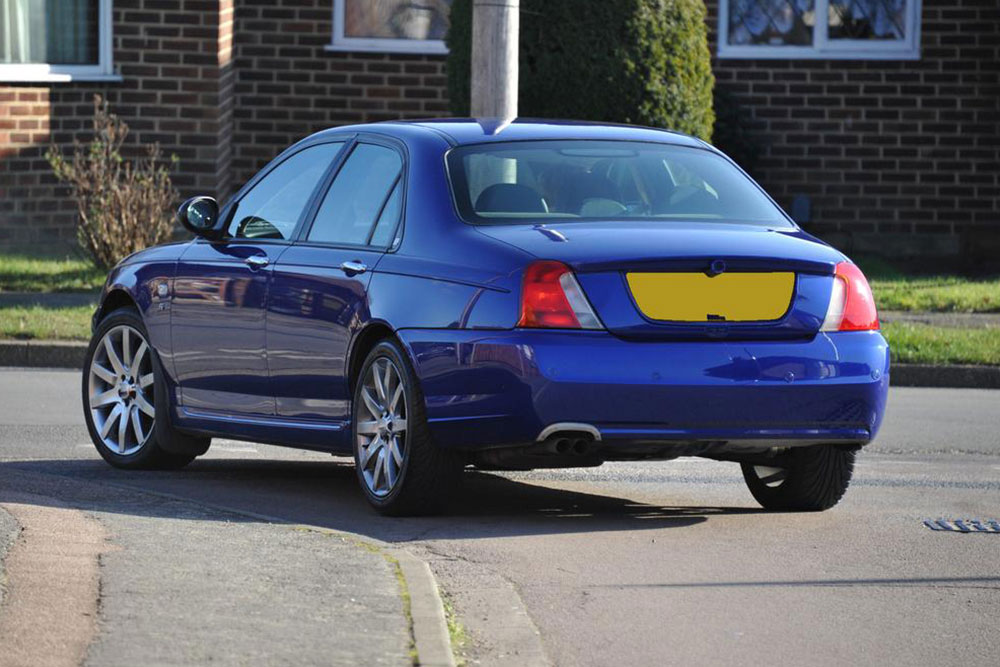Top 8 Strategies for Securing the Best Vehicle Purchase Deals
Discover eight expert strategies to get the best deals when purchasing a vehicle. From understanding your vehicle’s current value to negotiating prices and evaluating costs, this guide helps you make informed decisions for both new and used car buyers. Proper planning and research ensure a stress-free and cost-effective purchase experience, whether buying for personal or commercial use.

Top 8 Strategies for Securing the Best Vehicle Purchase Deals
Shopping for a new or used vehicle involves more than just setting a budget and visiting the nearest dealership. Since a vehicle is a significant expenditure, careful planning and research are essential before making a commitment. Here are eight effective tips to help you negotiate the best price and make an informed purchase decision.
Determine Your Vehicle’s Current Market Value
Understanding the value of your current vehicle is vital for proper financial planning. If you own a fully paid-off car without any pending dues, you have more purchasing leverage. Conversely, if you are still paying off an auto loan or lease, your available funds for a new purchase might be limited due to outstanding payments.
Set a Clear Budget and Stick to It
While tempting, borrowing or leasing can sometimes lead to overspending. Monthly installment plans may seem manageable initially, but long-term costs can strain your finances. Experts recommend allocating no more than 20% of your income to vehicle expenses, ensuring you stay within your means and avoid financial stress.
Evaluate New vs. Used Vehicles
Opting for a used or certified pre-owned car can be a smart choice if you don’t plan to keep the vehicle long-term. Used cars are often more affordable and easier to resell or upgrade later. However, if you intend to keep the car for many years, purchasing new might be more beneficial for reliability and warranty coverage.
Understand True Cost of Ownership
In addition to the car's price, consider registration, taxes, insurance, repairs, and maintenance costs. These additional expenses vary depending on the vehicle's make and model. Knowing the actual ownership costs provides a realistic picture and informs better negotiation strategies.
Avoid Impulse Buying
Test driving the vehicle is essential before purchasing, even after research. During the test, focus on comfort and performance. Be cautious of unnecessary add-ons like extended warranties or accessories, which can inflate the price. For used cars, get a professional inspection to assess condition and identify any potential issues.
Seek Advice from Industry Experts
Ask friends, family, or colleagues familiar with car buying for tips or recommendations. Online reviews, auto blogs, and expert videos also provide valuable insights to make well-informed decisions and negotiate better deals.
Keep Trade-In Details Confidential Until Finality
Don’t reveal the trade-in value of your current vehicle early in negotiations. By delaying this disclosure, you can secure a higher offer. Once the dealer presents an initial price, reveal your trade-in estimate to potentially negotiate a better overall deal.
Carefully Review Paperwork Before Finalizing
Before leaving the dealership, thoroughly review all documents, including the purchase contract. Ensure all terms are correct and understand the contractual obligations. This step is crucial to avoid surprises and ensure a smooth transaction.









